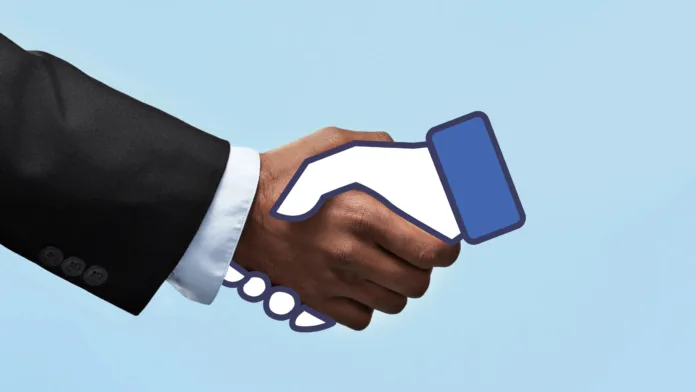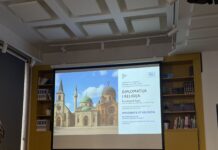A newspaper article published last week announced that the “US plans to boost tech diplomats deployed to Embassies”. The plan would see the State Department deploy a diplomat “trained in tech issues” to each of its 168 embassies. US diplomats stated that there was an urgent need to get diplomats with tech expertise into the field given growing competition with China and “a range of additional issues”. The ambitious plan aims to have all tech diplomats deployed abroad by 2024, after receiving special training. Though the plan attracted substantial media attention, with various news outlets commenting on this new policy, none clarified the term “tech diplomat”. Is this a diplomat who has been trained in using advanced technologies? Or is it a diplomat able to leverage existing technologies to obtain foreign policy goals? Or perhaps it is a diplomat trained in dealing with technology-related policies such regulating social media and combating disinformation?
A true “tech diplomat” would incorporate all three functions listed above. First and foremost, a tech diplomat would have the knowledge necessary to leverage digital technologies to obtain diplomatic goals. A tech diplomat would know how to use network analysis to measure his or her centrality to online conversations. They would use big data analysis to identify how global events are discussed locally while employing semantic analysis to analyze how their nation is viewed by digital publics. But a tech diplomat would also understand how digital technologies reshape society, how they impact the notions of privacy as well as the underlying logic of surveillance capitalism. Finally, a tech diplomat would fully grasp how algorithms function and how they can be gamed towards different ends.
A tech diplomat would also have experience in using various digital technologies. For it is only through experimentation and trial and error that one fully grasps the affordance and limitations of different technologies. A tech diplomats would “speak” Twitter, read “TikTok” and be fluent in Chatbot. Tech diplomats would also continuously grapple with new technologies. A diplomat that has never used ChatGPT, that does to understand the difference between artificial intelligence and machine learning or that has never used image driven AI is no tech diplomat.
Indeed, one of the major impediments to tech regulations is that regulators do not fully understand digital technologies. This was painfully evident when the CEO of TikTok met with US legislators with some asking if TikTok could be used at home and whether it can connect to the internet. A tech diplomat would not only be fully versed in the workings of TikTok, they would hold consultations with tech companies, civil society groups and researchers all dealing with pressing regulatory issues.
A tech diplomat would also be trained in conducting tech negotiations opposite other diplomats, regulators and tech CEOs. Diplomats are native speakers of “DiploSpeak”. They understand the difference between “troubled”, “disturbed” and “concerned”. They can differentiate between the terms “opposes”, “rejects” and “condones”. A tech diplomat would also understand the terms “Bounce Rate”, “Click through rate” and “traffic”. He or she would grasp the differences between “organic”, “reach” and “impressions”.
A tech diplomat would be as comfortable at a tech conference as they are at the Munich Security Conference and would be familiar with industry trends. In other words, a tech diplomat would be a specialist in his or her field. Just as some diplomats specialize in counter-terrorism and others specialize in European diplomacy, so other diplomats would specialize in technology.
For tech diplomats to succeed, they would require considerable organizational support. Just as MFAs have an Africa Desk or an Eastern Europe so they must create Digital Desks. These desks would be quite different from digital diplomacy departments. While digital diplomacy departments manage an MFAs’ use of digital technologies, ranging from social media to big data analysis and app development, Digital Desks would run an MFA’s digital activities. They would oversee consultations in UNESCO dealing with ethical AI development, they would brief ministers and legislators ahead of digital negotiations and they would formulate and implement digital policies- nationally, regionally and globally. The Digital Desk would participate in a national AI taskforce on the one hand, and manage digital competitions with other countries on the other hand.
Foreign ministries now function in digital societies and manage digital ties of friendship and enmity. They must solve digital crises, protect digital infrastructure and formulate digital whitepapers. They do not require tech diplomats but diplomats who specialize in tech and Desks that specialize in innovation.
The difference is not mere semantics.













